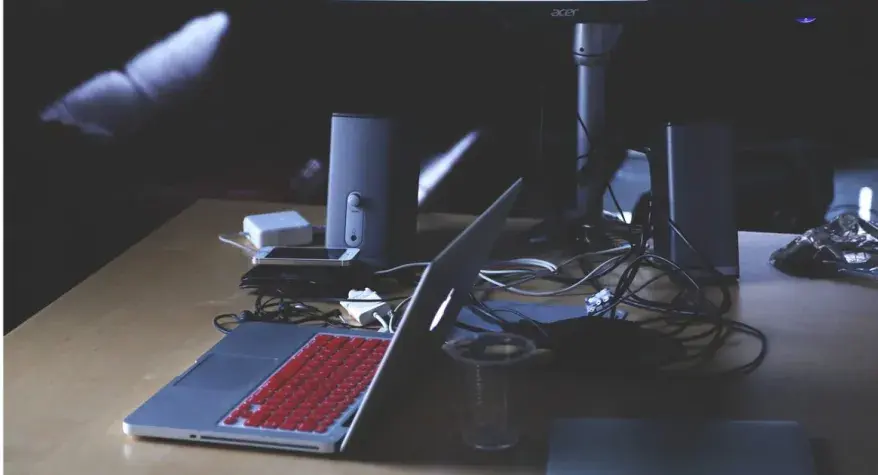Electrical safety at home: 3 things to look out for
Electricity powers our modern lives, making it an essential part of our daily routines.
However, while electricity provides convenience and comfort, it can also pose significant safety risks if not handled with care.
How do you ensure electrical safety at home? What can you do to prevent accidents?
In this blog, we'll discuss three crucial things to look out for to maintain a safe electrical environment in your home
1. The date of your last electrical inspection
How long ago was your last electrical inspection? Can’t remember? Then it's probably time for one!
Regular inspections of your home's electrical system are fundamental to ensuring electricity safety at home.
Over time, wear and tear can take a toll on wiring, outlets, switches and other electrical components. This wear and tear can lead to electrical faults, which in turn can result in fires or other dangerous situations.
To safeguard your home, consider scheduling a professional electrical inspection. An experienced electrician can carry out a domestic electrical test to assess the condition of your electrical system, identify potential issues and recommend necessary repairs or upgrades.
Interested? A Bathe Electrics is experienced in carrying out electrical tests in the Midlands. Find out more about our work here.
These inspections often include:
Fuseboard assessment
Ensuring that your fuseboard is in good working condition is crucial. We will test the functionality of your fuseboard and recommend replacements or upgrades if necessary.
RCD inspection
A Residual Current Device (RCD) serves as an electrical safety device designed to interrupt an electrical circuit when it detects an abnormal flow of current. This ensures that any excess electrical currents (due to short circuits or voltage surges) are safely diverted to prevent electrical shocks and reduce the risk of electrical fires.
Electrical installation condition report (EICR)
If your electrical system has not been checked for a long time, you may want to consider asking us to carry out an Electrical Installation Condition Report, commonly known as an EICR.
This is a comprehensive assessment of the safety and compliance of an electrical installation in a residential or commercial property.
It is recommended that an EICR is carried out every 10 years in a residential property (or every 5 years in a rental property).
This detailed report needs to be completed by a qualified electrician and involves a thorough inspection of the electrical system, including wiring, outlets, switches and distribution boards.
The primary objective of an EICR is to identify any potential electrical hazards, faults, or deviations from current electrical regulations and standards.
Once the assessment is complete, the report provides a clear and detailed overview of the installation's condition, highlighting any work required to ensure electrical safety and compliance.
Interested? A Bathe Electrics regularly conducts EICR inspections. Find out more here.
By investing in regular electrical inspections, you can address potential issues before they become dangerous, enhancing electricity safety at home.
2. Visible signs of damage on sockets
Inspect your sockets regularly for signs of wear and tear, such as loose or cracked plates. If you notice any damage, let us know and we can come and repair it.
Avoid overloading sockets with too many devices, as this can cause overheating and increase the risk of a fire.
3. Errant electrical cords
Avoid running cords under rugs or furniture, as this can lead to fraying or damage. It is also a huge trip hazard! Instead, use cord covers or cord organisers to keep them safely tucked away.
Additionally, be cautious with extension cords. While they are convenient, they should only be used temporarily and not as a permanent solution.
When using extension cords, make sure they are rated for the intended use and are in good condition. Never overload extension cords or daisy-chain them together, as this can lead to overheating and pose a fire risk.
Instead, consult an electrician to install additional outlets where needed.
Electrical safety at home
Electricity safety at home is paramount for the wellbeing of your family and the protection of your property.
Regular electrical inspections, such as a domestic electrical test offered by a professional electrician, like A Bathe Electrics, can help you identify and address potential hazards before they become major problems.
Remember, when it comes to electricity, it's always better to be safe than sorry.




